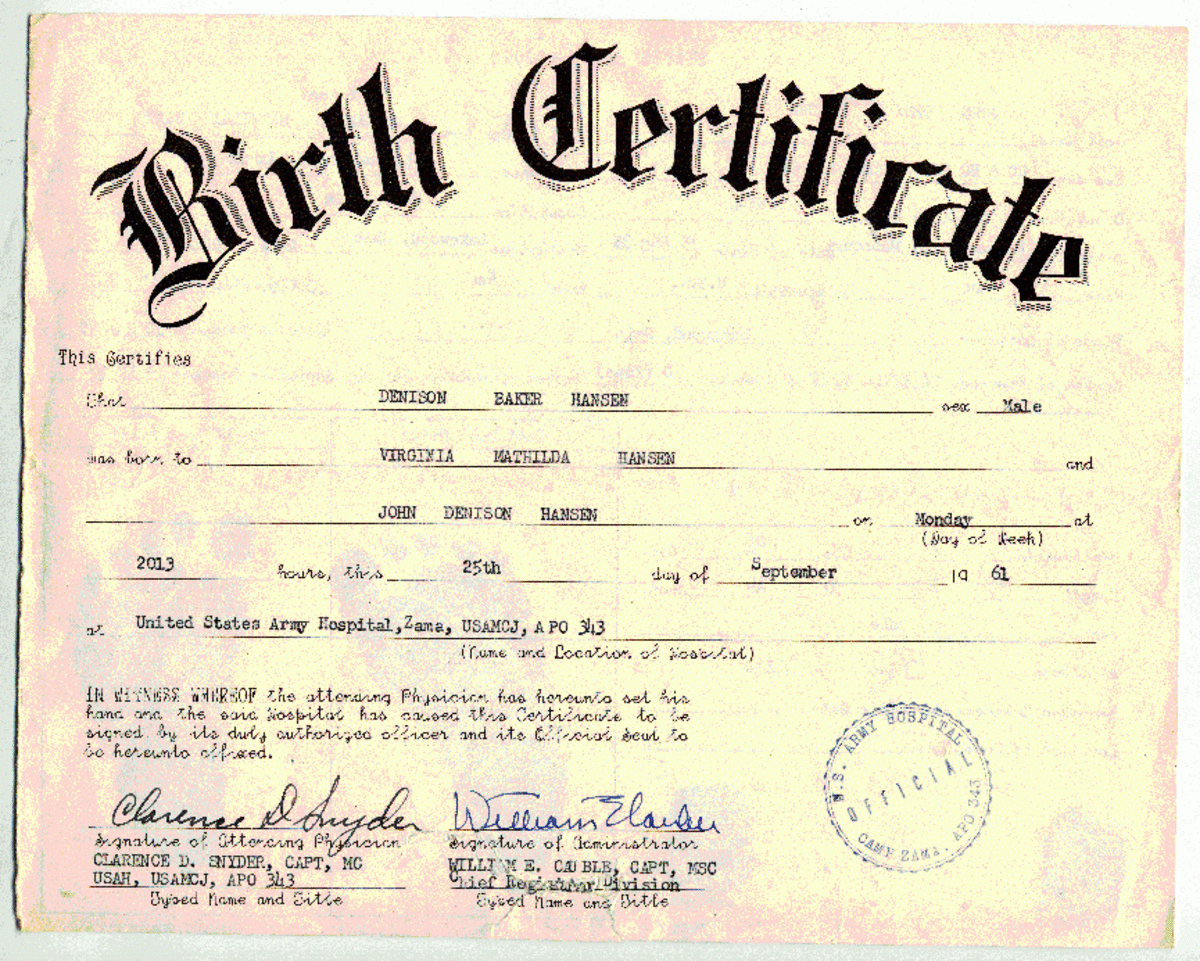Facilitation skills for a group facilitator to use - a definition
Introduction to facilitation
This is a simple introduction to the important skill of facilitating groups to achieve their tasks most effectively.
We all work in groups of one sort or another at one time or another. And many of us are in leadership positions in which we have to ensure that the group we lead functions optimally.
Groups are set up for a variety of reasons, but they all have very similar characteristics, and go through similar development processes, whether the group is a learning group or a project team, a management meeting or a leadership forum.
The members of groups and teams enter the group or team with very different expectations and experiences, and so for them to participate and function well in the group or team the processes within the group or team will have to be facilitated, and this facilitation requires certain skills and personal attributes which are not necessarily inborn, but haver to be learned. This learning is also a conscious process which increases an individual's level of awareness of others and of their own impact on others.

Definition of Facilitation
A useful definition of facilitation is "the set of all tasks needed to impartially run a meeting. Facilitation serves the group to encourage, aid, and lead group decision-making. Facilitation does not "manage" nor entertain the group but does control the process." (http://www.mgrush.com/content/view/70/33/)
Another definition from the International Association of Facilitators (IAF) is A facilitator is someone who uses knowledge of group processes to formulate and deliver the needed structure for meeting interactions to be effective.
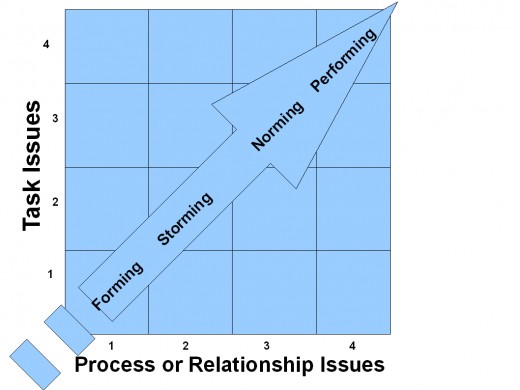
Facilitation in the context of group development
All this needs to take place in the context of the group development process. A useful way to understand the process of development that all groups go through is the "forming, storming, norming, performing" model developed by Bruce W. Tuckman in the 1960s.
The basic premise of this model is that the members of a group have different needs and expectations at each stage that the group goes through in its life cycle; and the group has been formed for a specific task or purpose. The task of the facilitator is to help (facilitate) the group negotiate those needs and expectations so that the group can more quickly and easily arrive at the final stage, "performing" and so achieve the purpose for which it was formed.
These two types of factors - the members' needs and the purpose of the group - are called the "task" and "process" axes in the model. The facilitator's job is to ensure that the process concerns get taken care of and that the group achieves its purpose.
To do this the facilitator needs to have a high level of interpersonal skills as well as an understanding of and commitment to the task at hand. It is essentially a balancing function - too much attention to the task factors would lead to a sterile and unfulfilling experience for the members of the group, and a rather uncertain chance of achieving the task anyway. Too much attention to the process concerns without at the expense of the task concerns would lead to directionless wandering, and also an unfulfilled task and unhappy members.
The group can be likened to a bicycle - without a front wheel and handlebars (concern for task) it would not get to its goals; without pedals, a chain and the back wheel (process concerns) it would not have the energy needed to get to where it was supposed to go. The two factors need to be in some kind of balance to get anywhere and it is the task of the facilitator to maintain that balance, or to help the group maintain that balance.
Group Stage
| Process concerns
| Task concerns
|
|---|---|---|
Forming
| Who am I here and what is expected of me? How can I be in this group?
| What are we here for? How are we going to achieve our purpose?
|
Storming
| Intra-group conflict Need to assert individuality
| Resistance to task Gap between task requirements and individual needs
|
Norming
| Cohesion begins - agreement on how to deal with interpersonal issues
| Exchange of information and sharing of ideas and opinions relative to task
|
Performing
| Functional role-relatedness
| Solution finding and attempts at task completion
|
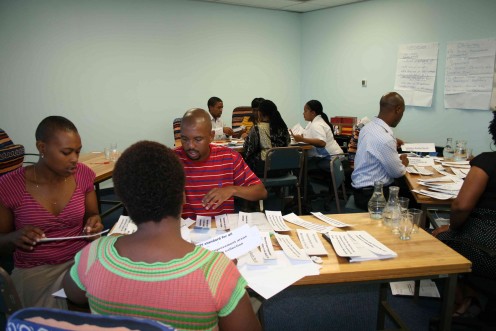

How to use facilitation
The skills needed to facilitate groups through these stages are:
to maintain the individual's self-esteem;
to listen to individuals with empathy, in order to understand them;
to ask individuals for their help
to make process suggestions in the form of questions
Maintaining an individual's self-esteem mean that the facilitator does not say anything or do anything that might give the individual the impression that they are not valued, that their input is not valued or that they are not valued as a person. Group members need to feel valued at all times, otherwise they will not willingly continue to participate in the group.
Listening for understanding requires a focussed attention on the person speaking, an attempt to listen "between then lines" for the meaning and feelings underlying the person's words, and then responding to those feelings as well as to the surface meaning of the words.
Asking individuals for their help is simply to involve the individual in the process of solving whatever problem is facing the group at that time.
Making process suggestions in the form of questions is to ask the group how they want to proceed, instead of imposing a procedure on them. This is especially useful when a group, or meeting, is "stuck" and seems to be going around in circles without reaching any decision or conclusion.
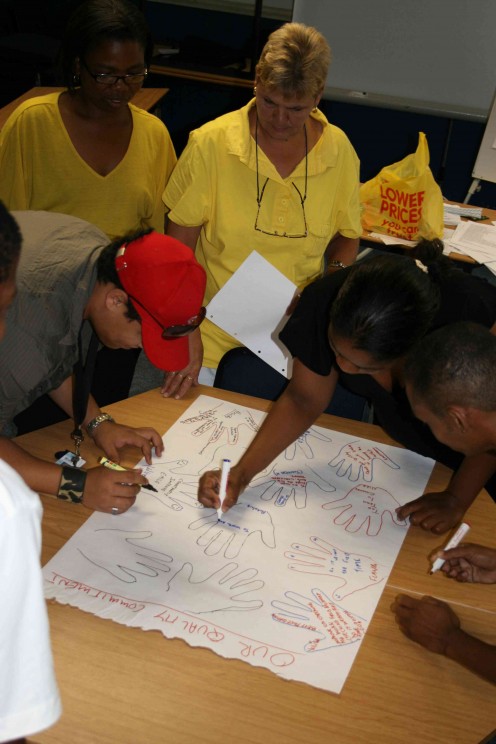
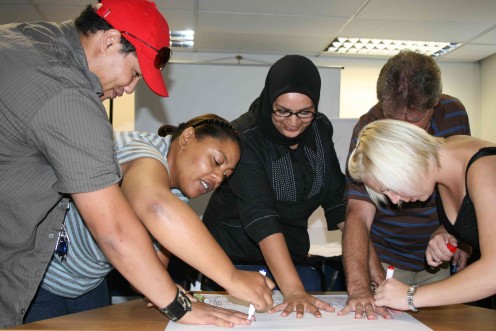
When to use facilitation
Facilitation skills are used in many different situation. In business they are most often effectively used when leading meetings, especially, though not exclusively, of project teams.
In society, one of the most effective ways to use facilitation skills is in the area of conflict resolution. This can be in the micro level of intra-community disputes or in the macro area of international disputes. Very often used in the resolution of conflict between two competing interest groups, such as labour and management.
Facilitation skills are also used in many different groups. Groups are formed for many different purposes - training and skills development, therapy, learning, personal growth. In all of these instances the use of facilitation skills based on an understanding of the dynamics which underly the group's interactions is beneficial to the achievement of the group's goals.
How to develop facilitation skills
Facilitation skills by their very nature cannot be learned by reading or even talking about them. Facilitation is a set of experiential skills which have to be learned "on the job" as it were. They have to be learned in the context of the experiential learning cycle, which in its simplest form is to do something, reflect on the experience and draw conclusions, or learnings, from that reflection. In this way the skill is learned by the disciplined reflection on the experience.
Facilitation ethics
Facilitating a group or meeting places the facilitator into a position of considerable personal power which can lead to the members developing dependence on the facilitator. It also opens the possibility of the facilitator being able to manipulate the group.
These are obviously highly undesirable outcomes and so there is a need to operate according to a set of ethical standards when facilitating in any situation.
There are two aspects to this - the personal ethics that the facilitator must adhere to when facilitating, and the group's own ethical standards, which are usually expressed in the form of group norms or ground rules.
These two sets of norms sometimes intersect but the facilitator should always adhere to certain standards which are not negotiable. Within the group these ethical standards should entail at least norms around these issues:
Confidentiality
Participation
Tolerance and respect
Time keeping
The International Association of Facilitators has developed a Code of Ethics for facilitators which details ethical standards such as:
Client service
Conflict of interest
Group autonomy
Processes, methods and tools
Respect, safety, equity and trust
Stewardship of process
Confidentiality
Professional development
Copyright Notice
The text and all images on this page, unless otherwise indicated, are by Tony McGregor who hereby asserts his copyright on the material. Should you wish to use any of the text or images feel free to do so with proper attribution and, if possible, a link back to this page. Thank you.
© Tony McGregor 2009
Some useful links
- Facilitation Skills
- Facilitator - Wikipedia, the free encyclopedia
- Home - International Association of Facilitators
International Association of Facilitators




